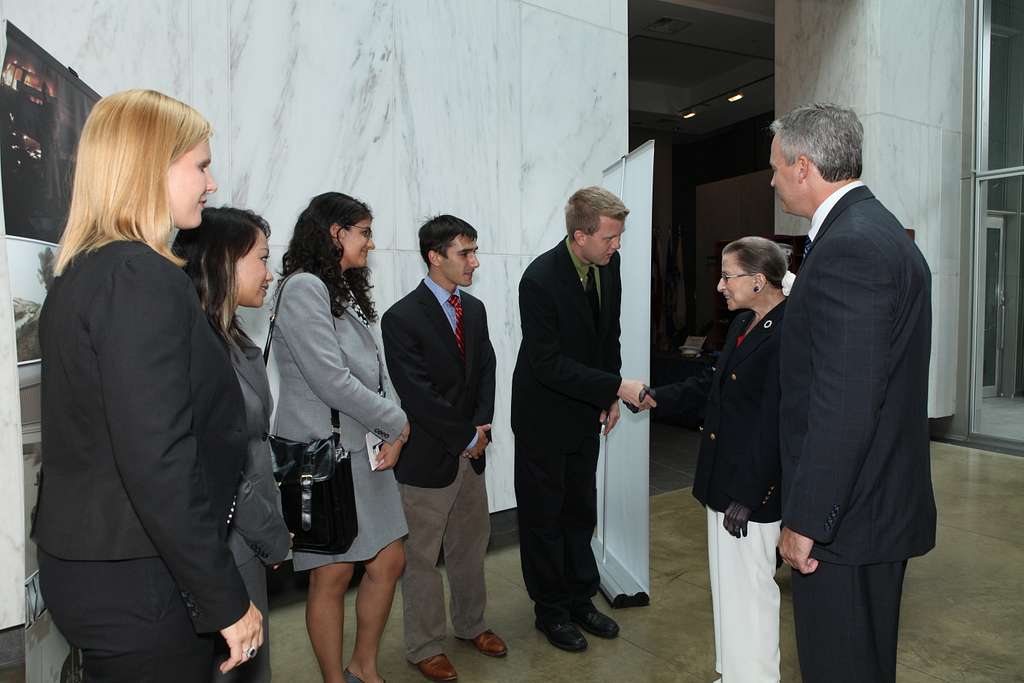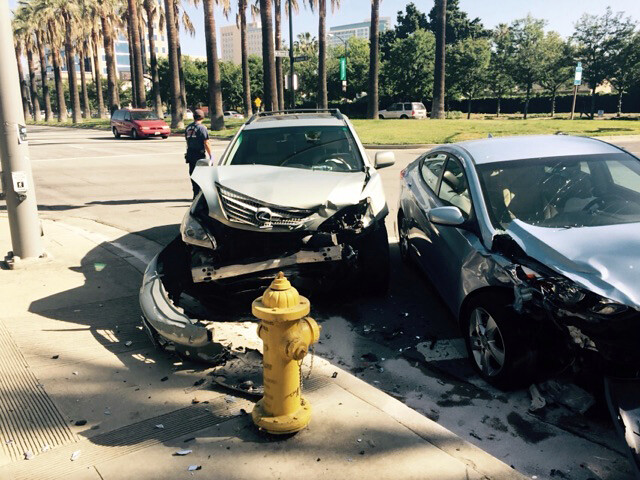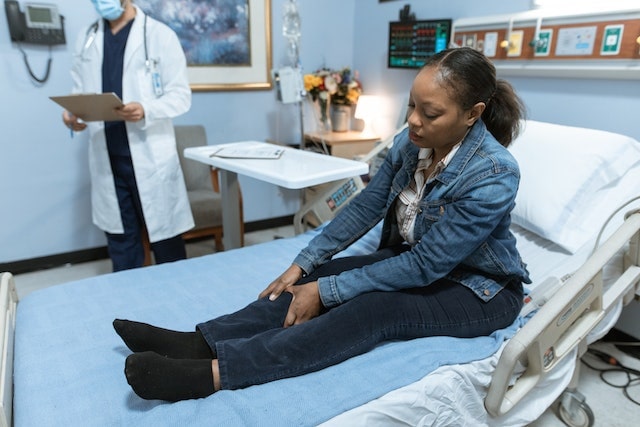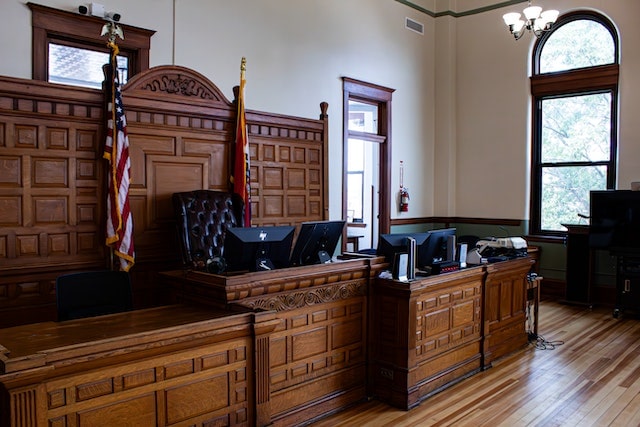A reoccurring problem in no-fault cases pending in Nassau County District Court is that certain judges have routinely found that defense experts, within the confines of their peer reviews and IME reports, have been unable to qualify themselves as experts. My argument has been that this “issue” lacks merit as long as the peer report or IME report lists the specialty of the doctor and, upon challenge, reference is made to the OPR website confirming the specialty of the doctor. Alternatively, I always make it a point to attach the resume of the peer or IME expert.
It looks like the Appellate Division disagreed with the findings of certain District Court Judges and agreed with my prevailing thought in the matter of Espinal v Jamaica Hosp. Med. Ctr., 2010 NY Slip Op 01917 (2d Dept. 2010):
“In opposition, the plaintiff submitted an affidavit from his treating neurologist, who concluded that hydrocephalus could have developed as a result of the reported assault and aggravated the plaintiff’s preexisting brain injuries. The Supreme Court denied the appellants’ motion, finding that the conflicting expert opinions raised a triable issue of fact as to whether the plaintiff’s hydrocephalus was caused by the alleged assault. We agree.
The appellants’ contention that the plaintiff’s expert was unqualified to give an expert opinion because the plaintiff did not provide evidence of his credentials is without merit. The plaintiff’s expert established his qualifications by attaching a curriculum vitae demonstrating that he was a board-certified neurologist (see Winney v County of Saratoga, 8 AD3d 944, 945). In any event, the expert’s alleged lack of experience is a factor which goes to the weight to be given to his opinion, and not to its admissibility (see Texter v Middletown Dialysis Ctr., Inc., 22 AD3d 831; Julien v Physician’s Hosp., 231 AD2d 678, 680; Ariola v Long, 197 AD2d 605). [*2]
Furthermore, the affidavit of the plaintiff’s expert was sufficient to raise a triable issue of fact. “It is well settled that an expert’s opinion must be based on facts in the record personally known to the witness, and that the expert may not assume facts not supported by the evidence in order to reach his or her conclusion”
The rule is as follows. If a doctor is of the same specialty as the one who rendered the service or committed the malpractice and there is proof of the same, then the doctor’s affidavit or affirmation will be sufficient. There will not be, in this instance, the requirement that a resume or other demonstrative proof be presented to qualify the doctor as an expert. Second, if a doctor is of a different specialty as the one who rendered the service or committed the malpractice, then the proponent of the proof will have to go through an accounting of the doctor’s experience, as the Supreme Court required in this case.












